
WASHINGTON
 THE | GENERALS
THE | GENERALS
WASHINGTON
A Legacy of Leadership
 THE | GENERALS
THE | GENERALS
Paul S. Vickery, Ph.D.

2010 by Dr. Paul S. Vickery, Ph.D.
All rights reserved. No portion of this book may be reproduced, stored in a retrieval system, or transmitted in any form or by any meanselectronic, mechanical, photocopy, recording, scanning, or otherexcept for brief quotations in critical reviews or articles, without the prior written permission of the publisher.
Published in Nashville, Tennessee, by Thomas Nelson. Thomas Nelson is a registered trademark of Thomas Nelson, Inc.
Thomas Nelson, Inc., titles may be purchased in bulk for educational, business, fund-raising, or sales promotional use. For information, please e-mail SpecialMarkets@ThomasNelson.com.
Library of Congress Cataloging-in-Publication Data
Vickery, Paul S.
George Washington : legacy of leadership / Paul S. Vickery.
p. cm. -- (The generals)
Includes bibliographical references and index.
ISBN 978-1-59555-280-8 (alk. paper)
1. Washington, George, 1732-1799--Military leadership. 2. Command of troops--Case studies. 3. Political leadership--United States--Case studies. 4. Generals--United States--Biography. 5. United States. Continental Army--Biography. 6. United States--History--Revolution, 1775-1783--Campaigns. 7. United States--Politics and government--1789-1797. I. Title.
E312.25.V53 2011
973.41092--dc22
2011003829
Printed in the United States of America
11 12 13 14 15 WOR 6 5 4 3 2 1
To Joyce, my wife, friend, and lover, whose
love and support are responsible for any
good thing I accomplish.
Contents
TO CONTEMPLATE THE lives of Americas generals is to behold both the best of us as a nation and the lesser angels of human nature, to bask in genius and to be repulsed by arrogance and folly. It is these dichotomies that have defined the widely differing attitudes toward the man on horseback, which have alternatively shaped the eras of our national memory. We have had our seasons of hagiography, in which our commanders can do no wrong and in which they are presented to the young, in particular, as unerring examples of nobility and manhood. We have had our revisionist seasons, in which all power corruptsmilitary power in particularand in which the general is a reviled symbol of societal ills.
Fortunately, we have matured. We have left our adolescence with its gushing extremes and have come to a more temperate view. Now, we are capable as a nation of celebrating Washingtons gifts to us while admitting that he was not always a gifted tactician in the field. We can honor Pattons battlefield genius and decry the deformities of soul which diminished him. We can learn both from MacArthur at Inchon and from MacArthur at Wake Island.
We can also move beyond the mythologies of film and leaden textbook to know the vital humanity and the agonizing conflicts, to find a literary experience of war which puts the smell of boot leather and canvas in the nostrils and both the horror and the glory of battle in the heart. This will endear our nations generals to us and help us learn the lessons they have to teach. Of this we are in desperate need, for they offer lessons of manhood in an age of androgyny, of courage in an age of terror, of prescience in an age of myopia, and of self-mastery in an age of sloth. To know their story and their meaning, then, is the goal here and in the hope that we will emerge from the experience a more learned, perhaps more gallant, and, certainly, more grateful people.
Stephen Mansfield
Series Editor, The Generals
I consider it an indispensable duty to close this last solemn act of my Official life, by commending the Interests of our dearest Country to the protection of Almighty God, and those who have the superintendence of them, to his holy keeping.
GEORGE WASHINGTON
ON DECEMBER 20, 1783, the city of Annapolis, Maryland, was abuzz with the news that the most adored and admired American was in town. The boom of thirteen cannons had announced his arrival the previous day. His Excellency had come to resign from the army that had, with the aid of the French, defeated the most powerful military in the world and gained independence for America. Sir: I take the earliest opportunity to inform Congress of my arrival in this City, Washington wrote President of Congress Thomas Mifflin, with the intention of asking leave to resign the Commission I have the honor of holding in their Service.
The Treaty of Paris, signed just over three months previously, mandated that the British occupation army leave all American territory. Washington believed his duty was done. After saying a tearful good-bye to his officers in New York and Philadelphia, the gray-haired fifty-three-year-old General George Washington was to appear before the highest civilian authority in the land, the Confederation Congress, and tender his resignation.
The evening of the twenty-second he was feted by the Maryland elite. After thirteen toasts, accompanied by the boom of the same number of cannon, the ball began. Though Washington rarely smiled because of his bad teeth, he was a favorite with the ladies. The General danced every set, wrote an observer, that all the ladies might have the pleasure of dancing with him, or as it since has been handsomely expressed, get a touch of him. Washington then left the party to put the finishing touches on his resignation speech.
Two days before Christmas, at precisely noon, he strode into the congressional chambers and addressed the representatives. Meanwhile, his belongings were being packed and his horse groomed and made ready for departure. Martha was waiting. He had promised to be at Mount Vernon for Christmas dinner. Mifflin and the nineteen or twenty other representativesseated, with their hats ongreeted the general. Only seven states were represented, but a quorum had been declared for the purpose of receiving his letter.
As the-second floor gallery was opened, favored ladies rushed in to fill the seats. Both common citizens and elite vied for standing position along the wall. An expectant hush fell over the room as Mifflin stood, declared the meeting was in order, and addressed Washington. Sir, the United States in Congress assembled, he boomed, are prepared to receive your communications. The commander in chief formally rose to his full six-foot-two-inch height, bowed, and drew a letter from his breast pocket. The seated representatives doffed their hats but did not return the bow. With quivering hands, the old general read: Mr. President: The great events on which my resignation depended having at length taken place; I have now the honor of offering my sincere Congratulations to Congress and of presenting myself before them to surrender into their hands the trust committed to me, and to claim the indulgence of retiring from the service of my country.
Humbly, he played down his abilities during the war. A diffidence in my abilities to accomplish so arduous a task, he continued, which however was superseded by a confidence in the rectitude of our Cause, the support of the Supreme Power of the Union, and the patronage of Heaven. As he praised and gave credit to the officers who served with him, emotion gripped him. Pausing momentarily, undoubtedly reflecting on those long, cold, starving times at Valley Forge and Morristown, the scenes of bloody battle and defeat, the loss of so many good men, and the many battles with Congress, he forced himself to continue. Grasping his paper tightly, now with both hands, he continued. It was impossible the choice of confidential officers to compose my family, he continued, struggling to steady the paper, should have been more fortunate. Permit me, Sir, to recommend in particular those who have continued in Service to the present moment, as worthy of the favorable notice and patronage of Congress. Many in the audience wiped their eyes as he concluded.
Next page
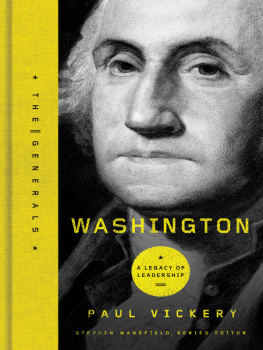
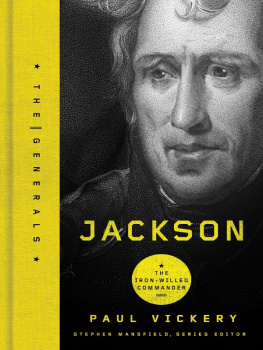
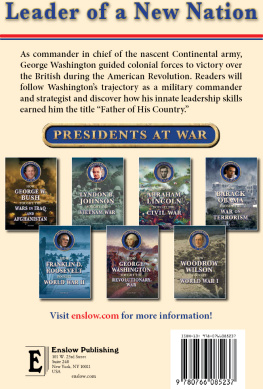
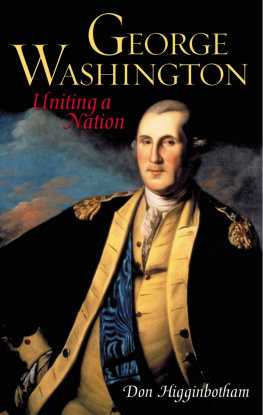
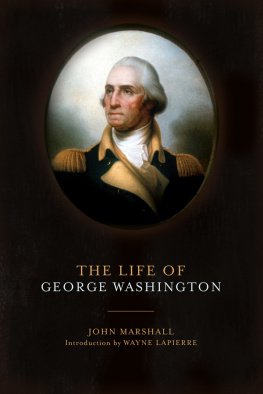


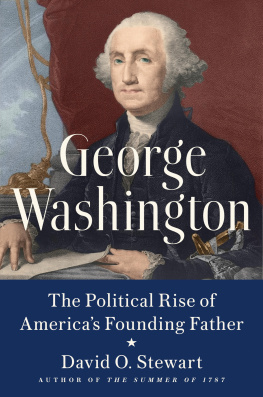
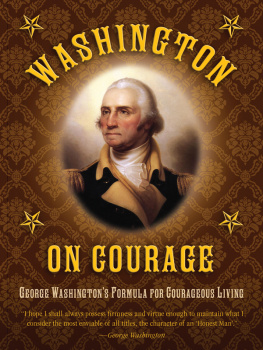
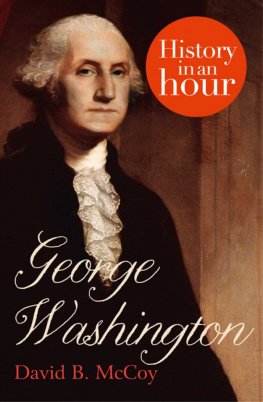
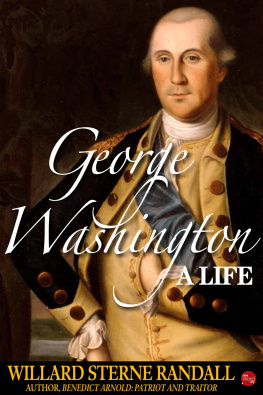

 THE | GENERALS
THE | GENERALS